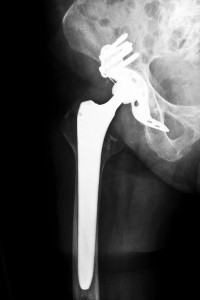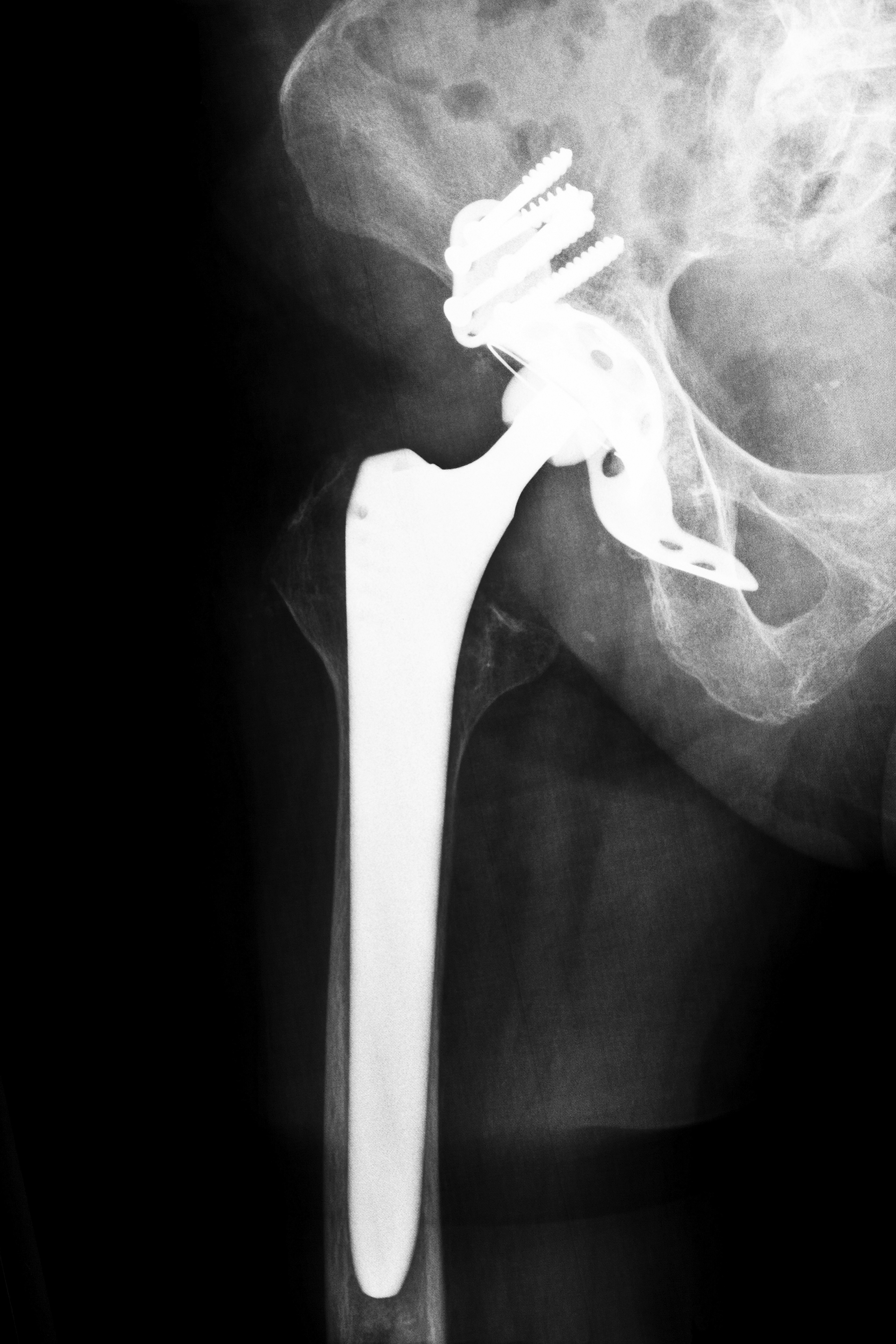
A settlement was recently reached in the first of what could be a number of lawsuits targeting a faulty hip replacement device. In the first case, more than $8 million in damages were awarded to the plaintiff by a California state court, with future cases to be conducted under U.S. federal court jurisdiction. At the center of the legal action is the DePuy Orthopedics ASR XL Acetabular system, which was approved for use nearly a decade ago and subsequently became a source of trouble for many of its recipients. Residents of Louisiana who have received the device and are experiencing health problems as a result should consider contacting Attorney Group for Louisiana for the purpose of seeking monetary compensation through one of their many affiliated lawyers.
Approved for use by the U.S. Food and Drug Administration (FDA) in a manner that did not require it to undergo clinical trials, the ASR was at the time considered to be one of the most advanced hip replacement devices available. Featuring all-metal construction, it offered the promise of reduced wear and an increased service life. However, the FDA has since 2008 received more than 300 complaints about the device, with recipients in some cases needing corrective surgery. The health problems suffered by patients are apparently related to the production of metal debris occurring during the course of normal wear, with this material then affecting the human tissue surrounding the implant. Some of the patients developed aseptic lymphocyte-dominated vasculitis-associated lesions, while others experienced pseudotumors, which produce symptoms similar to those caused by actual tumors.
It was first believed that around 10 percent of the recipients of the ASR would need surgery to replace the implant. However, subsequent research indicated that some 20 percent of the patients would require corrective surgery no more than four years after receiving the implant and that approximately half of them would need surgery no more than six years after the original implantation. Recipients who did not have surgery during those time periods may still have experienced other difficulties, including pain.
Complaints about the ASR prompted the manufacturer to issue a recall of the device, first in Australia and then in the U.S. In March 2010, the same month as the U.S. recall, DePuy released a letter to the medical community that described a higher failure rate in its device than in traditional implants. A number of orthopedic specialists and one of the designers of the product have in fact expressed the opinion that the ASR is of faulty design. Press accounts indicate that company executives knew about the high failure rate a year before the recall was announced, and there have also be allegations that the device was marketed without adequate research and testing.
Plans to stop producing the ASR were announced more than three years ago by DePuy, which is a division of the company Johnson & Johnson. However, some 35,000 implantations of the device have already taken place in the U.S. and about 60,000 elsewhere in the world, and it has been estimated that as many as 10,000 of the recipients could have a legal case against the manufacturer. The surgery and other health procedures that will be needed to correct the problem are expensive, and these patients are entitled to compensatory damages to cover the costs and to help deal with the pain and anguish associated with a hip replacement.
The ASR is considered to be a defective product, and legal action is thus governed by product liability laws. A personal injury attorney can be the best advocate for those in Louisiana who have suffered from the effects of the implant and are seeking the monetary compensation that they deserve. If you or someone you know has been the recipient of a recalled DePuy ASR XL hip replacement, contact Attorney Group for Louisiana today.






